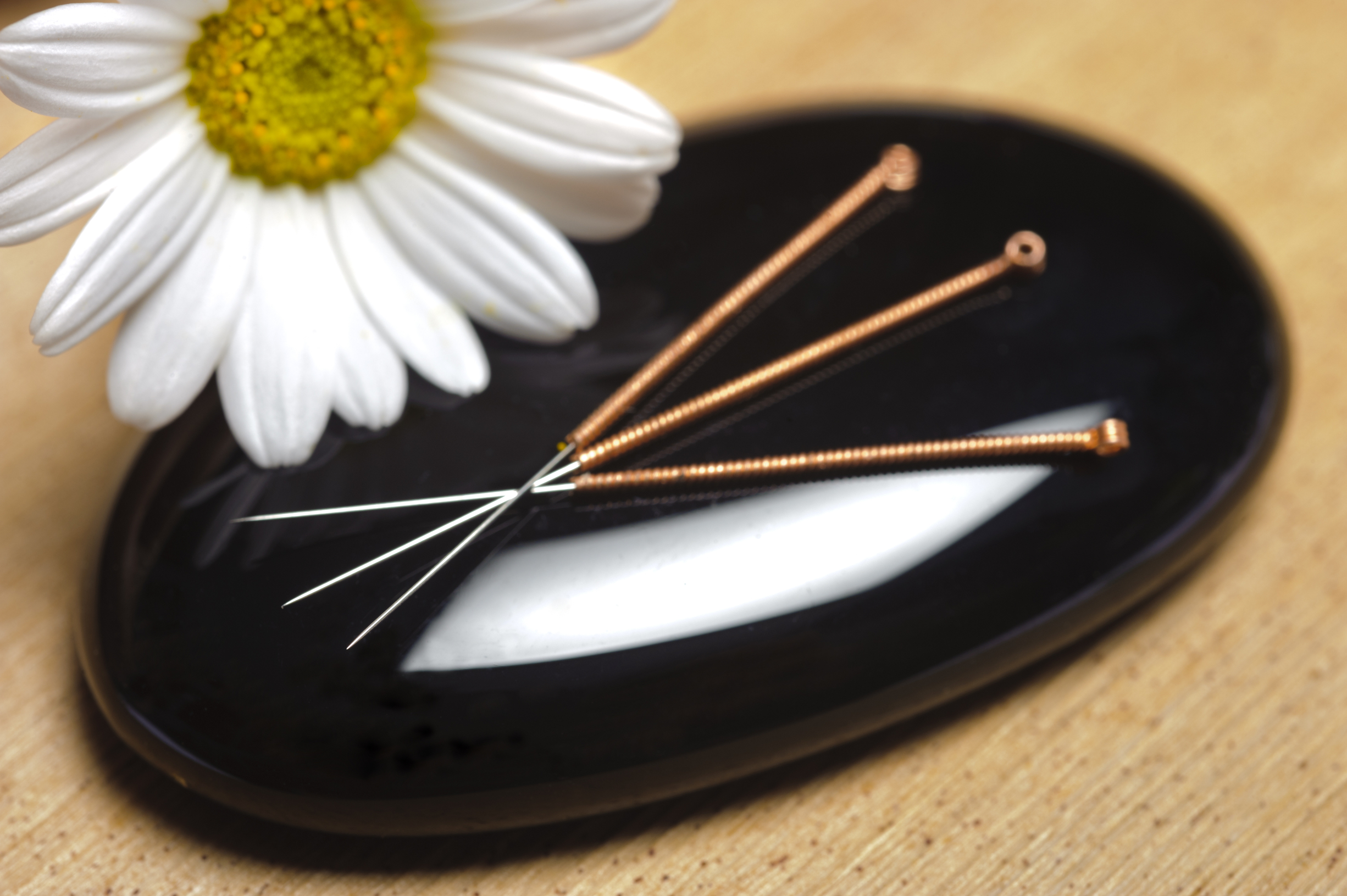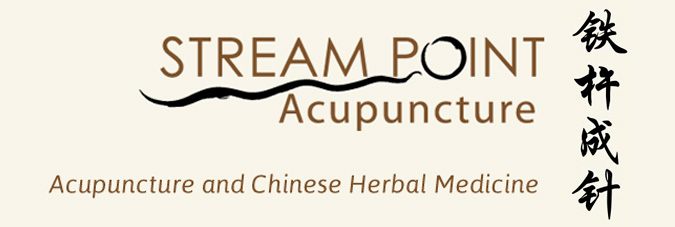If I had a nickel for e very time someone asked me “so how does acupuncture work, exactly? I’d have…well…a lot of nickels. The truth is, this is one of the best and most important questions to ask, and also one of the most complex questions to answer. You see, acupuncture comes from a literally ancient medical paradigm that now has to be understood through the lenses of today’s medical paradigms, and at the same time today’s paradigms are undergoing massive transformation. The way I see it, we have 2 paradigms that are both antagonistic and cohesive towards each other, but they will eventually harmonize to create something new and multidimensional…but that’s for a later blog.
very time someone asked me “so how does acupuncture work, exactly? I’d have…well…a lot of nickels. The truth is, this is one of the best and most important questions to ask, and also one of the most complex questions to answer. You see, acupuncture comes from a literally ancient medical paradigm that now has to be understood through the lenses of today’s medical paradigms, and at the same time today’s paradigms are undergoing massive transformation. The way I see it, we have 2 paradigms that are both antagonistic and cohesive towards each other, but they will eventually harmonize to create something new and multidimensional…but that’s for a later blog.
1. The old paradigm that clings solely to “empirical, evidence-based, peer reviewed” science that is observable and quantifiably measurable (aka “Western Medicine”).
2. The new paradigm embraces the forces of healing that cannot be measured with today’s scientific tools, namely the subtle energy systems and intention (aka “Holistic Medicine”) This paradigm is actually ancient, but like a pendulum, is resurfacing in a new way.
Let’s start with the old paradigm that’s been attempting to understand acupuncture with the proverbial “randomized double-blind studies”. This paradigm still is quite stumped about acupuncture. Within the parameters of Western Medical Research, acupuncture appears to work through multiple mechanisms. However, because Western Medicine doesn’t fully accept the theory of subtle energy fields, it can’t find a single mechanism that wholly explains acupuncture, an elusive “unified theory”. The most agreed upon theory is that acupuncture works by stimulating the central nervous system to release neurotransmitters and hormones that produce the following results:
- Decreased pain and inflammation
- Increased blood flow and enhanced circulation
- Decrease sympathetic nervous system activity (stress response) and increased parasympathetic nervous system activity (relaxation response)
While this is all accurate, it doesn’t fully explain how acupuncture works (i.e. why does inserting a needle in to my lower leg help my upset stomach?) This is where the holistic paradigm comes into play…Generally, the holistic medical paradigm believes that the foundation of human health and life is in a subtle energy system in the body. Depending on the specific modality, this energy system is called Qi, Prana, Life Force, Zero Point, etc.
The foundation of acupuncture and oriental medicine is that Qi flows through the body through specific energy channels called “meridians” that connect and influence all the organs and systems of the body. When Qi is abundant and flowing freely, we experience health and vitality. When Qi becomes blocked or depleted, an energetic imbalance occurs. Most of the time, we can naturally bounce back and rebalance without the need of any intervention. However, when the energetic imbalance is prolonged or severe, illness and disease can set in. Acupuncture thereby works by inserting needles into acupuncture points that reside on the meridians to relieve the blockage and/or infuse the point with energy that will restore the harmonious and natural state of balance. Using the upset stomach example – the meridian for the stomach actually flows from head to toe, with one of it’s most powerful points located on the lower leg (ST-36).
In the end, acupuncture may seem like an elusive practice, but I’ve seen it do wonderful things for healing, whether it’s in the realm of the body, the mind, or the spirit. And now I find myself wanting to close with a well-intended pun… It won’t hurt to try it!
Acupuncture is recognized by the National Institutes of Health (NIH) and the World Health Organization (WHO) as effective in treating the following conditions:
- Emotional/Hormonal: anxiety, depression, sleep disturbances, STRESS
- Neuromuscular & Skeletal: arthritis, carpal tunnel syndrome, dental, facial palsy, fibromyalgia, headache, low back pain, migraine, osteoarthritis, tennis elbow, trigeminal neuralgia,
- Immune & Respiratory: allergies, asthma, bronchitis, common cold, poor immunity, sinusitis, sore throat,
- Gastrointestinal: colitis, constipation, diarrhea, indigestion, irritable bowel syndrome (IBS), nausea, vomiting
- Urogenital: incontinence, low libido, urinary retention,
- Reproductive: infertility, menopause, menstrual irregularities, morning sickness, premenstrual syndrome (PMS)
- Other: Addiction, chronic fatigue, dizziness, hypertension
…and more!!!

